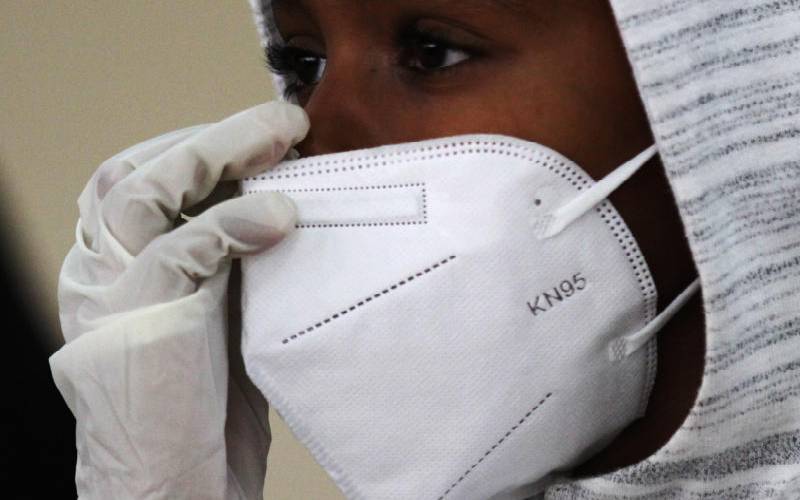×
The Standard e-Paper
Stay Informed, Even Offline

Disease outbreaks affect women and men differently, and epidemics make existing inequalities for women and girls and discrimination of other marginalised groups such as persons with disabilities and those in extreme poverty, worse. This needs to be considered, given the different impacts surrounding detection and access to treatment for women and men as well as for their overall well-being.